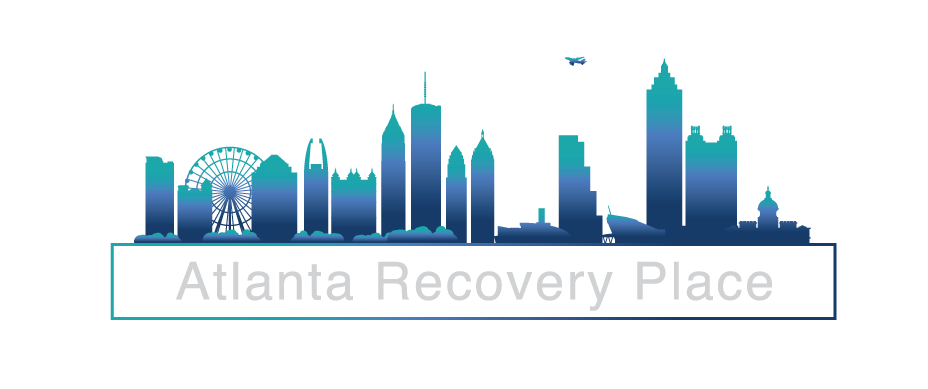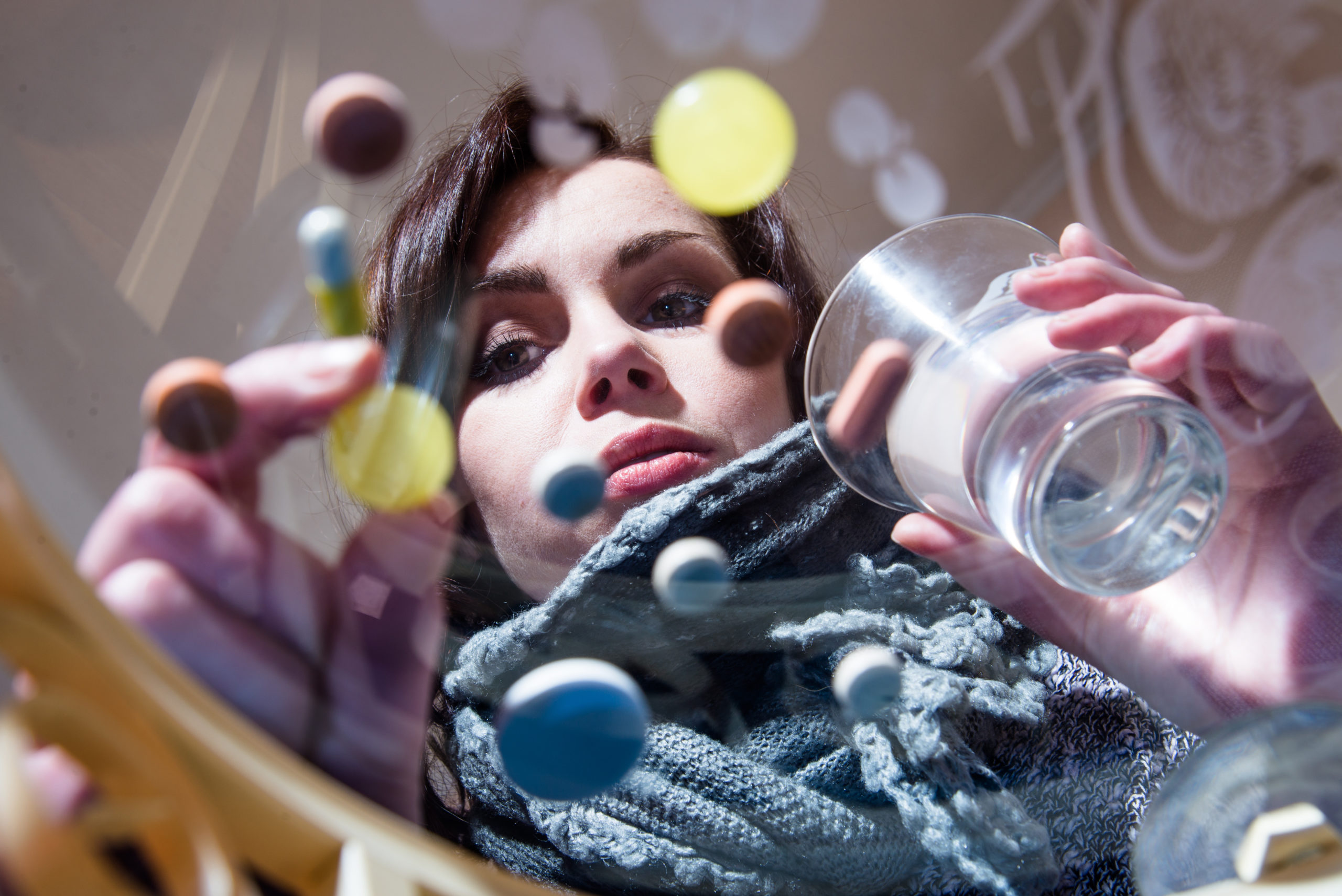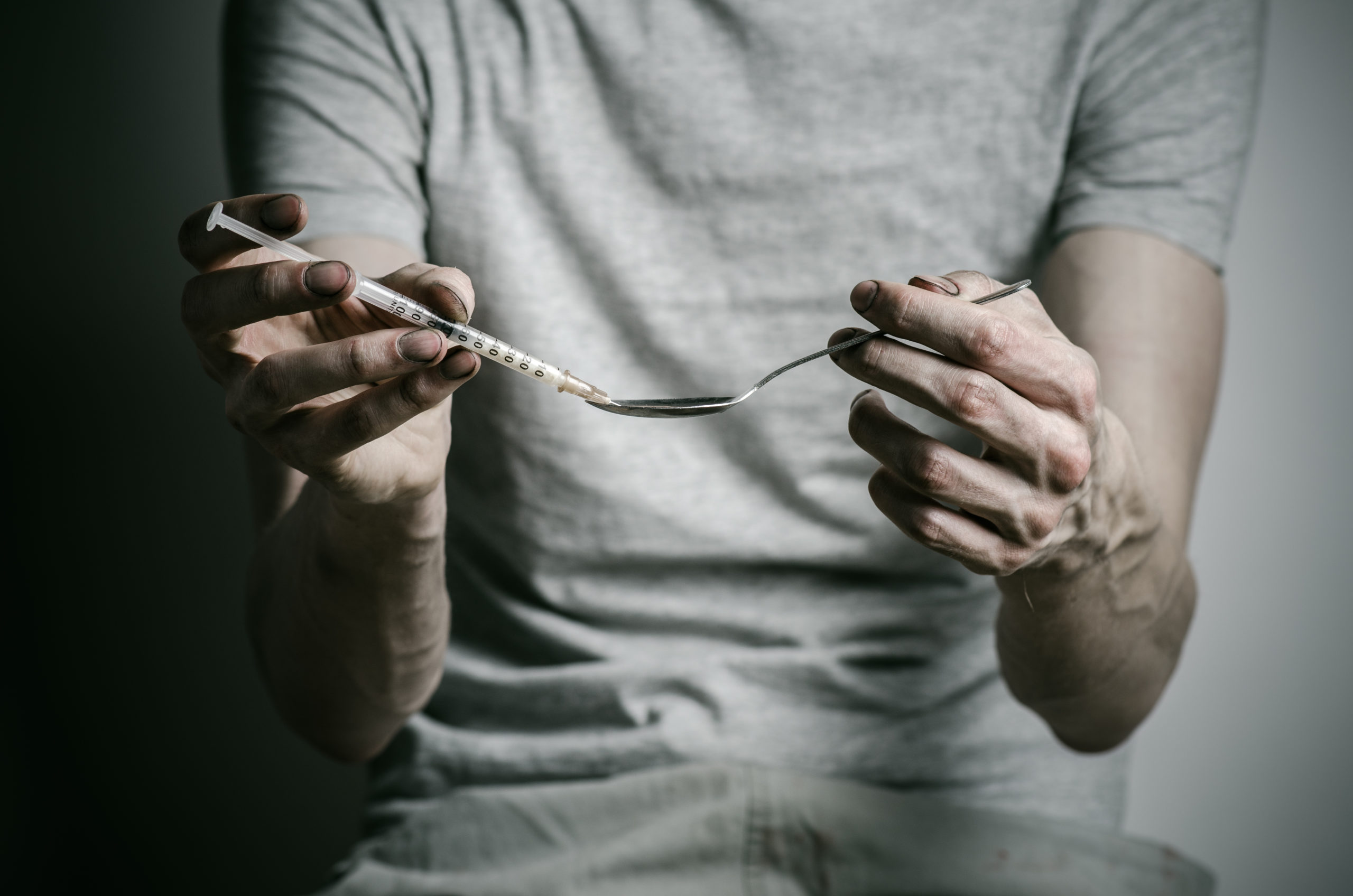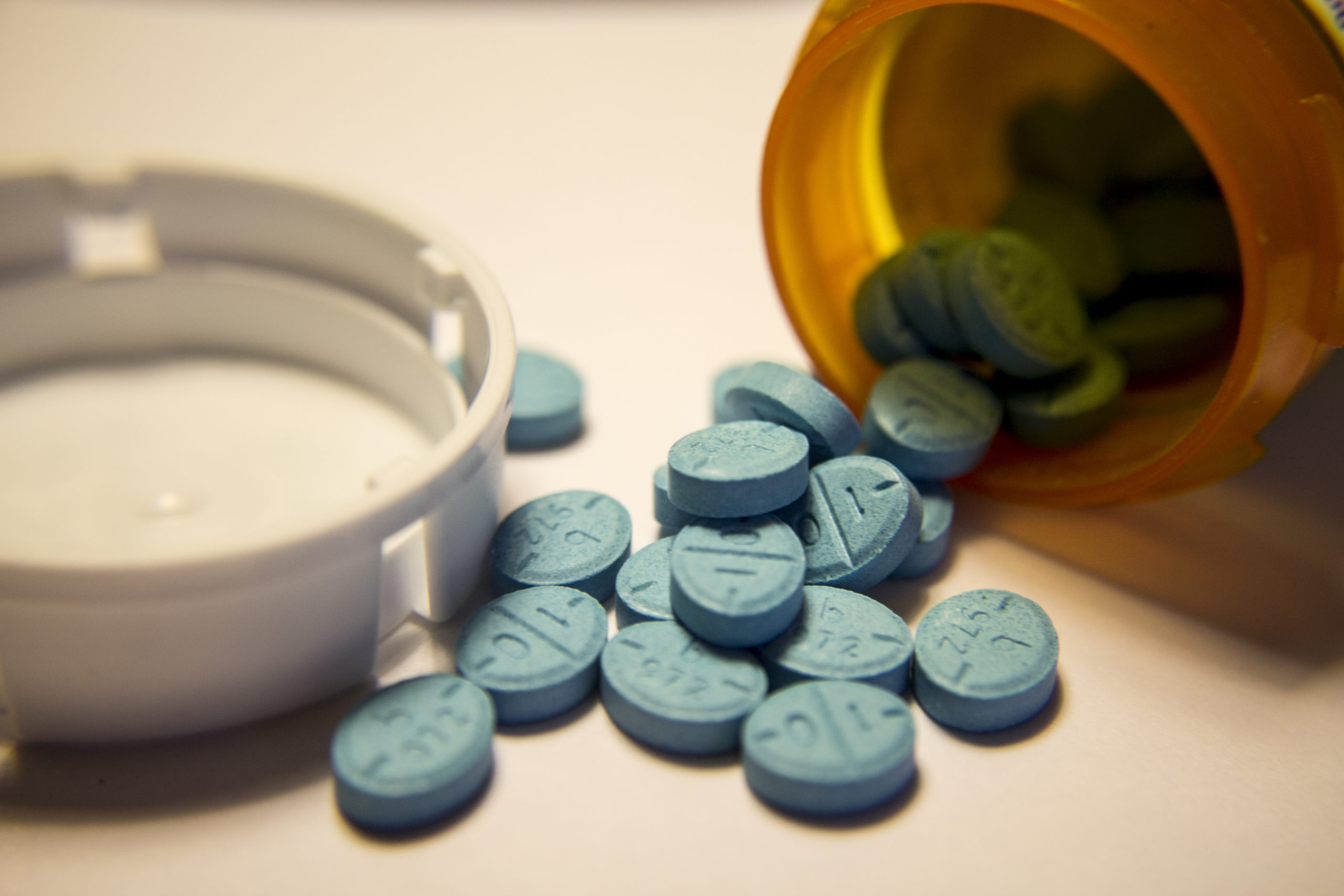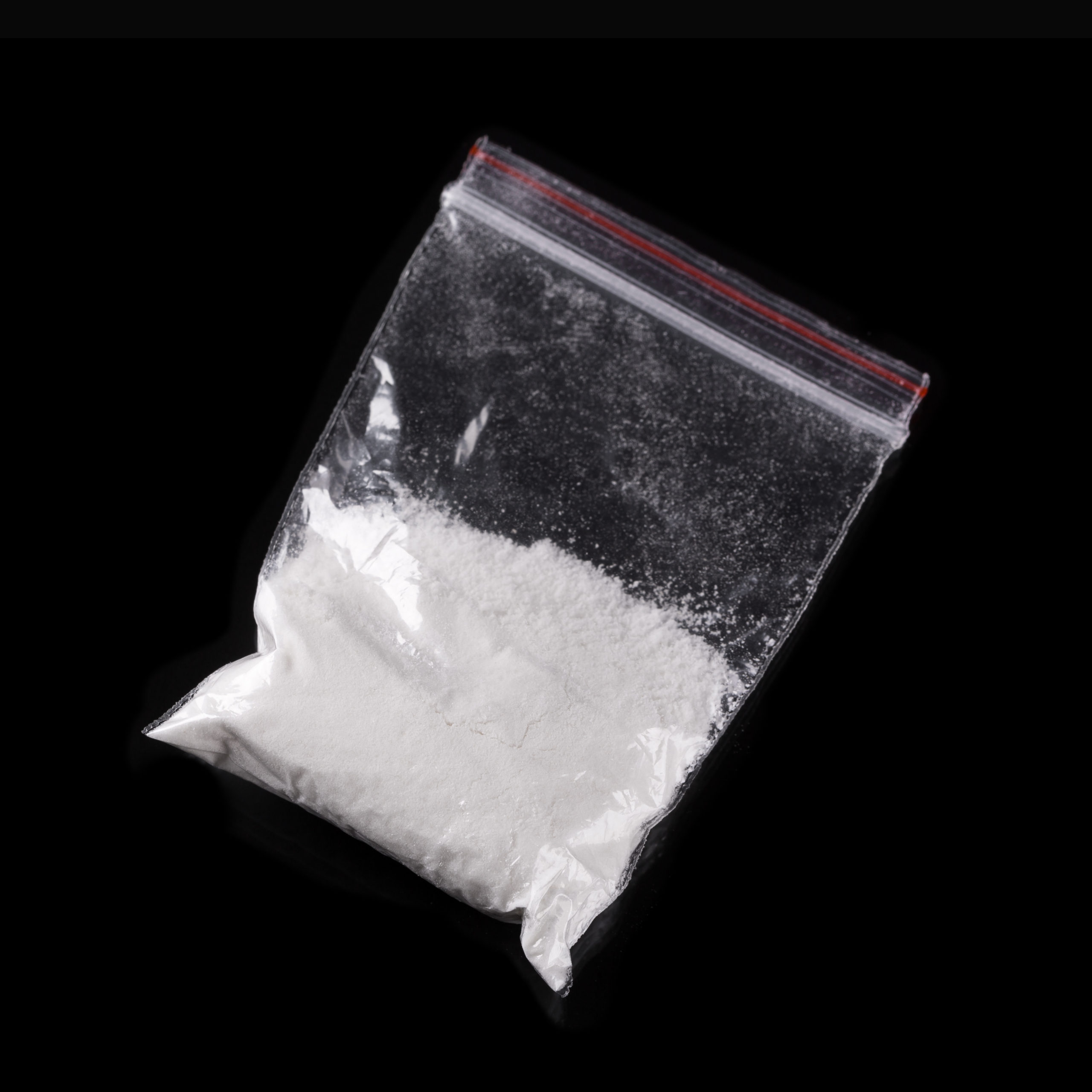Addiction is a horrible, chronic disease that unfortunately can have fatal consequences. If you or someone you know is struggling with addiction, whether it be alcohol or drugs, it’s imperative to seek professional help.
There are numerous types of rehabs and addiction treatment programs available for those looking to start their journey to sobriety. Treatment can include inpatient, outpatient, 30-day, 60-day, 90-day, and or peer led support groups. Today we’d like to discuss what 90-day drug rehab is, why we recommend 90-day treatment at Atlanta Recovery Place, and how we can help you overcome addiction for good!
What Is a 90-Day Drug Rehab?
A 90-day drug rehab program provides people with a solid foundation for the recovery process when overcoming an addiction. This type of addiction treatment program is best for individuals who are suffering from a severe addiction and long-standing addictions. A 90-day drug rehab program can be done in both inpatient and outpatient treatment, and is considered a long-term treatment.
If attending an inpatient treatment program, individuals will spend 90 days with 24/7 care that is supervised by a professional. An inpatient treatment program is appropriate for those who are struggling with a severe addiction, co-occurring disorders, different medical issues/recommendations, or even issues involving genetics and family history.
A 90-day outpatient treatment program will vary with services offered and usually costs substantially less than an inpatient treatment program. Outpatient treatment is best for those who have social support (friends,family) or have a job that they can not afford to take time away from. Within an outpatient treatment program, there is usually the utilization of group therapy, social support, and much more. Outpatient treatment is also a great follow up to inpatient treatment.
It is important to consider different things when choosing from a 90-day inpatient rehab program and a 90-day outpatient rehab program. These factors include which drug you are abusing, the severity of the addiction, how long you have been suffering from an addiction, how much your insurance covers your treatment, how much you have to pay out of pocket, etc.
An inpatient rehab program and outpatient rehab program are both beneficial in different ways, so it is important to research both of the benefits and come to a conclusion on which treatment program will best fit your schedule and your needs. It is also important to realize that even if you have a busy schedule, your health should come first and making yourself a priority every once and a while is not a bad thing.
Why We Recommend 90-Day Drug Rehab
We recommend a 90-day treatment program because long term treatment helps our clients have a stable foundation for their recovery and long-term sobriety goals. This treatment program provides a great layout on how the structure of treatment is, and is an awesome form of long-term recovery. Through research, long-term treatment has been known to produce important outcome factors including remaining abstinent and successful completion of the treatment.
How Atlanta Recovery Place Can Help You or Your Loved One
Here at Atlanta Recovery Place, we provide our clients with various addiction treatment options when it comes to getting sober. We currently offer partial hospitalization, intensive outpatient, and outpatient treatment programs. We also have sober living homes for our clients to reside in while they receive treatment. All of our programs include time management, work, social support, the substance being abused, co-occurring disorders, and much more. To find a 90-day recovery program, or if you are interested in other forms of recovery, reach out to us today to get the information you desire and the support you need!
